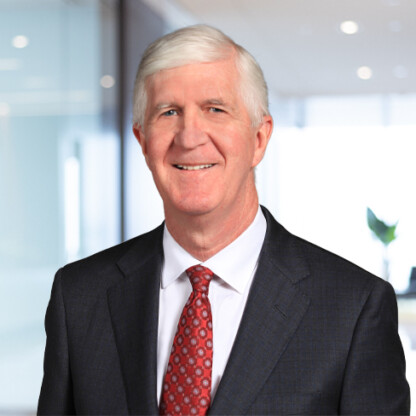It is a commonplace of corporate law that officers and directors owe fiduciary duties to the business entities they serve. Breaches of these duties are most often highlighted in the press when they lead to spectacular corporate failures on the order of Enron or WorldCom. But fiduciary duties do not exist solely to deter and redress massive instances of fraud; rather, as Justice Cardozo long ago held "[n]ot honesty alone, but the punctilio of an honor the most sensitive, is…the standard of behavior." Thus, a rule of undivided loyalty has arisen to ensure that the standard of conduct for fiduciaries is kept at a level higher than the morals of the marketplace or mere personal preference and expediency.
Most often, the duty of loyalty is implicated when a proposed act or transaction creates a conflict between the personal interests of an officer or director and the interests of the corporation. This might happen when, for instance, a transaction is contemplated directly between the director and the corporation or between a corporation and another entity in which the director has an interest or from which the director will receive a benefit.
As an example that has been much in the news of late, angry Chesapeake Energy Corp. shareholders have filed lawsuits against founder Aubrey McClendon and other Chesapeake board members after learning that McClendon had not only been granted participation rights in the company's oil and gas wells but that he had also obtained up to $1.1 billion in loans to pay for his stake in those wells. The lawsuits take aim, in particular, at McClendon's relationship with and "loans" from EIG Global Energy Partners, a private equity firm that participated in a transaction last year from which it reportedly obtained a $500 million preferred stock interest in Chesapeake's operations in Ohio's Utica shale. One plaintiff alleges that "[s]uch huge loans raise serious conflicts of interest: they can easily cloud the CEO's judgment on key issues ranging from how quickly Chesapeake should generate cash flow, to how it operates wells, to how aggressively it can bargain with EIG on financing terms."
In a case closer to home (and that the authors litigated), Dallas based Longview Energy Corp. sued its largest (yet a minority) shareholder, two directors placed on its board by that shareholder (a New Jersey based private equity fund), and a separate company that those directors and others set up to compete with Longview. The gist of Longview's complaint was that the two board members directed Longview to pursue an investment in the south Texas Eagle Ford shale play, offered to finance it, and then – after Longview devoted considerable resources to an analysis of the play – surreptitiously took Longview's investment playbook to a new company that they formed, controlled and essentially owned outright. Just this month, a Zavala County jury found that the two directors had breached their fiduciary duties to Longview and that the two companies aided-and-abetted that breach. As a consequence, a judgment of $162 million is expected to be entered, as well as an order transferring tens of thousands of acres of producing and undeveloped oil and gas leases to Longview.
The teaching point here is a simple one. A director breaches his duty of loyalty if he takes a corporate opportunity for himself or unfairly competes with the corporation to which he owes a duty. And because a business entity can function effectively only if its officers and directors can be counted on to hold the entity's interests paramount, the remedies for breach of fiduciary duty are uncompromising.
None of this should deter would-be directors from serving on corporate boards because conflicts of the type that gave rise to the Longview case can be easily managed. For example, Delaware law (which is the legal home of nearly a million business entities) allows directors to serve more than one master by inserting an appropriate waiver in a company's certificate of incorporation or by making informed, advanced disclosure of a proposed act and receiving advanced board approval for that act. In this way, both the corporation and its directors will know the ground rules before a conflict can arise.
A director's job is to maximize the value of the company she serves, and she can't ordinarily do that well if she serves in another venture operating in the same domain. And she can't even conceivably do that consistent with her duty of loyalty if she tries the move without the permission of the company. Were the rules otherwise, we would quickly see a return to 19th-century robber-baron "ethics," in which officers and directors skimmed all corporate cream for themselves and left thin water for ordinary investors.
For additional information or to discuss any issues regarding fiduciary duty, please contact the author of this article, Trial Partner Craig B. Florence (cflorence@gardere.com or 214.999.4796).
